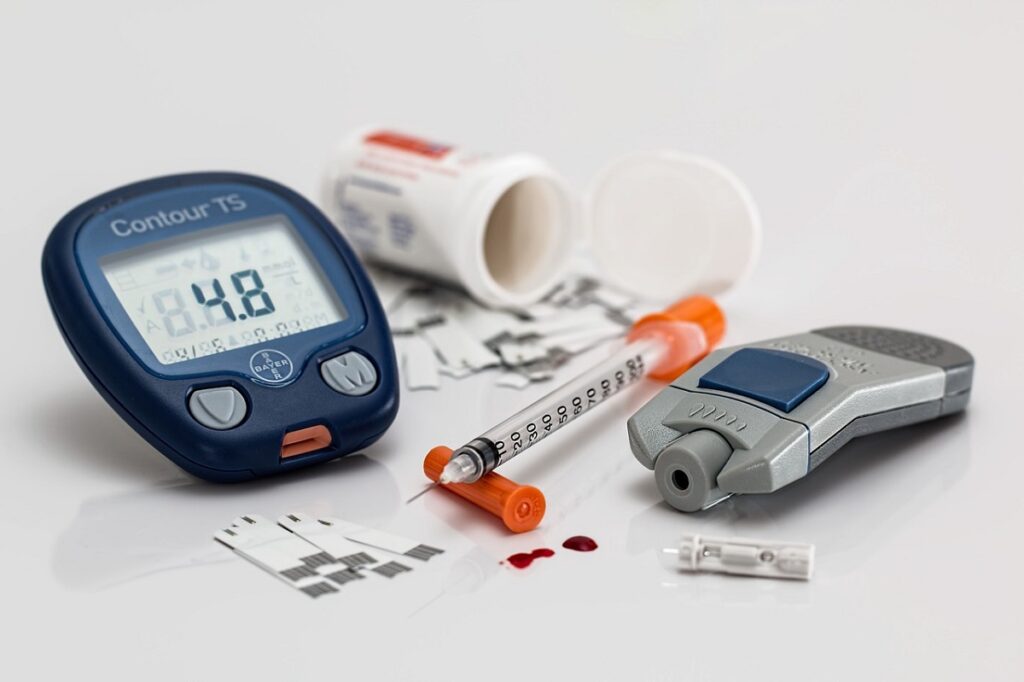The U.S. Food and Drug Administration (FDA) approved the Tzield (teplizumab-mzwv) injection to delay the onset of stage 3 type 1 diabetes in adults and pediatric patients 8 years and older who currently have stage 2 type 1 diabetes.
“Today’s approval of a first-in-class therapy adds an important new treatment option for certain at-risk patients,” said John Sharretts, M.D., director of the Division of Diabetes, Lipid Disorders, and Obesity in the FDA’s Center for Drug Evaluation and Research (CDER). “The drug’s potential to delay clinical diagnosis of type 1 diabetes may provide patients with months to years without the burdens of disease.”
Type 1 diabetes is an illness that causes the immune system to attack cells in the human body that are producing insulin.
People who have been diagnosed with type 1 diabetes must monitor their blood sugar levels frequently throughout the day and must administer insulin shots or wear an insulin pump to survive. Although type 1 diabetes can manifest at any age, it is typically detected in children and young people. Although most people with type 1 diabetes do not have a family history, having a parent, brother, or sister with the disease increases a person’s risk.
How does TZIELD work?
Tzield attaches to specific cells in the immune system and prevents the illness from progressing to stage 3 type 1 diabetes, the FDA explains.
Tzield could inhibit the immune cells that target the cells that make insulin while boosting the number of cells that assist control of the immunological response. Tzield is infused intravenously once each day for 14 days straight.
A controlled trial including 76 patients with stage 2 type 1 diabetes was conducted to assess the safety and effectiveness of Tzield.
“The trial results showed that over a median follow-up of 51 months, 45% of the 44 patients who received Tzield were later diagnosed with stage 3 type 1 diabetes, compared to 72% of the 32 patients who received a placebo. The mid-range time from randomization to stage 3 type 1 diabetes diagnosis was 50 months for the patients who received Tzield and 25 months for those who received a placebo. This represents a statistically significant delay in the development of stage 3 type 1 diabetes,” FDA reveals.
The company Provention Bio, which is behind the TZIELD injection project, announced a co-promotion deal with Sanofi for the launch of this drug.
“This is a historic occasion for the T1D community and a paradigm-shifting breakthrough for individuals aged 8 years and older with Stage 2 T1D who now have a therapy approved by the FDA to delay the onset of Stage 3 disease. It cannot be emphasized enough how precious a delay in the onset of Stage 3 T1D can be from a patient and family perspective; more time to live without and, when necessary, prepare for the burdens, complications, and risks associated with Stage 3 disease,” noted Ashleigh Palmer, Co-Founder and CEO of Provention Bio.
If you liked this article, here’s another to read: Stem cell therapy brings hope for type 1 diabetes patients




